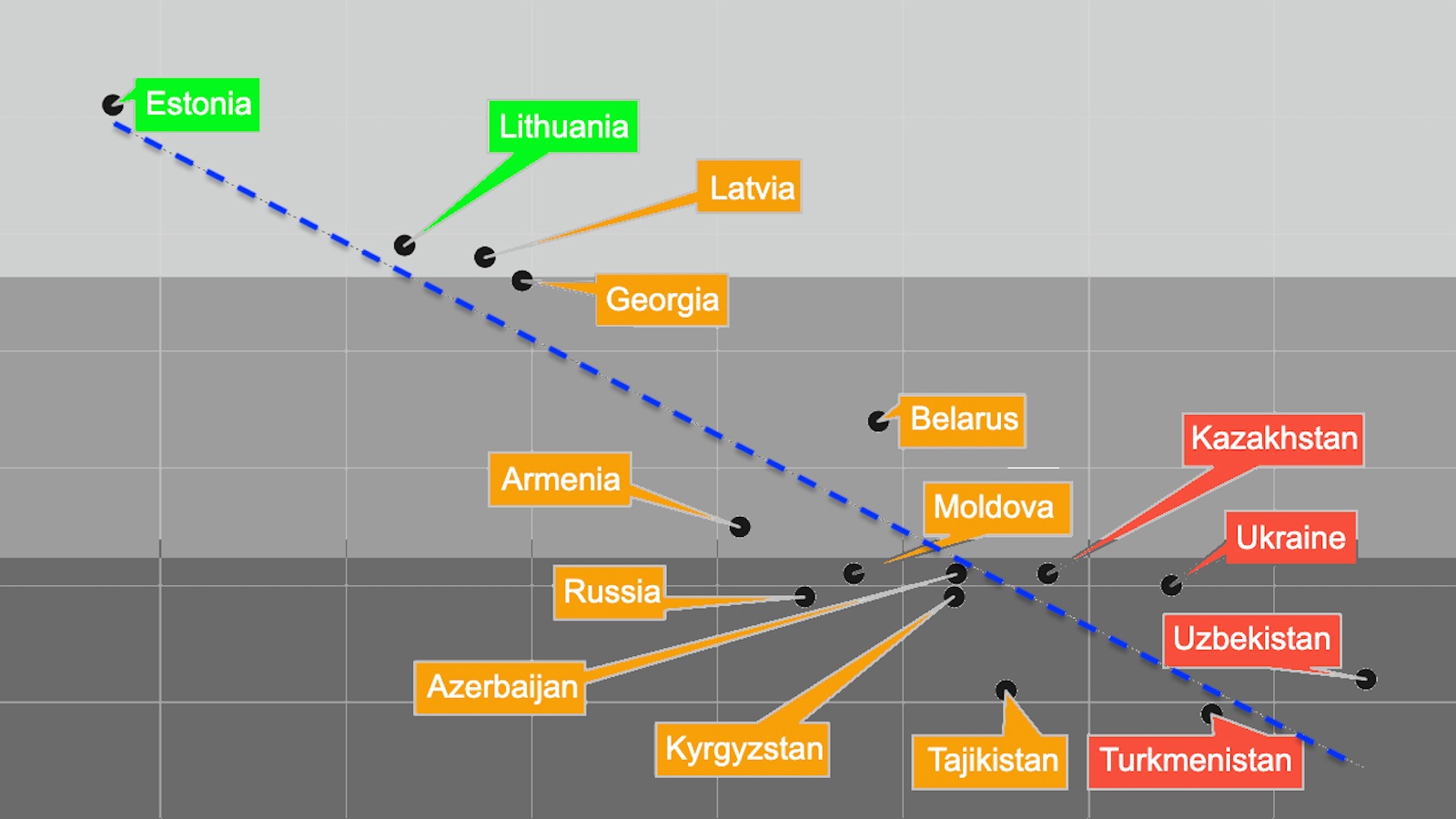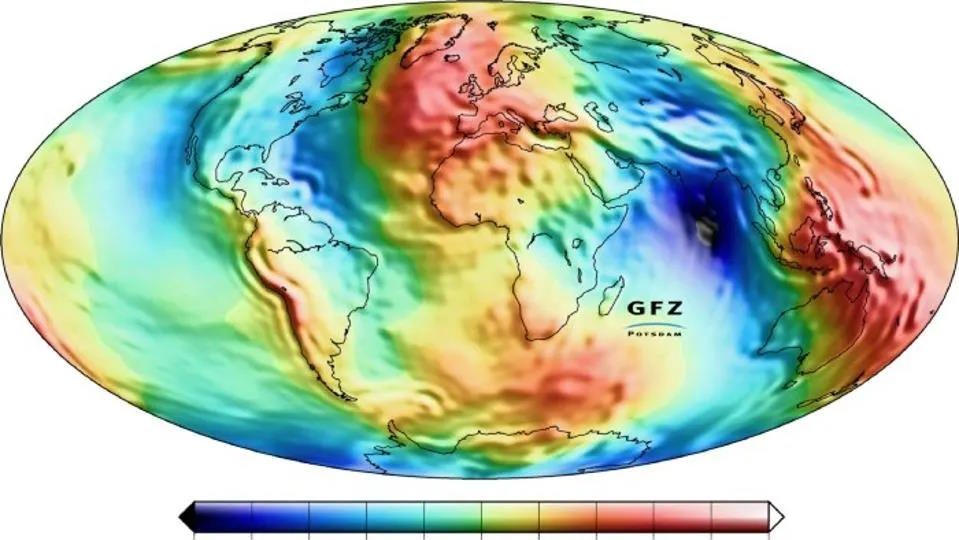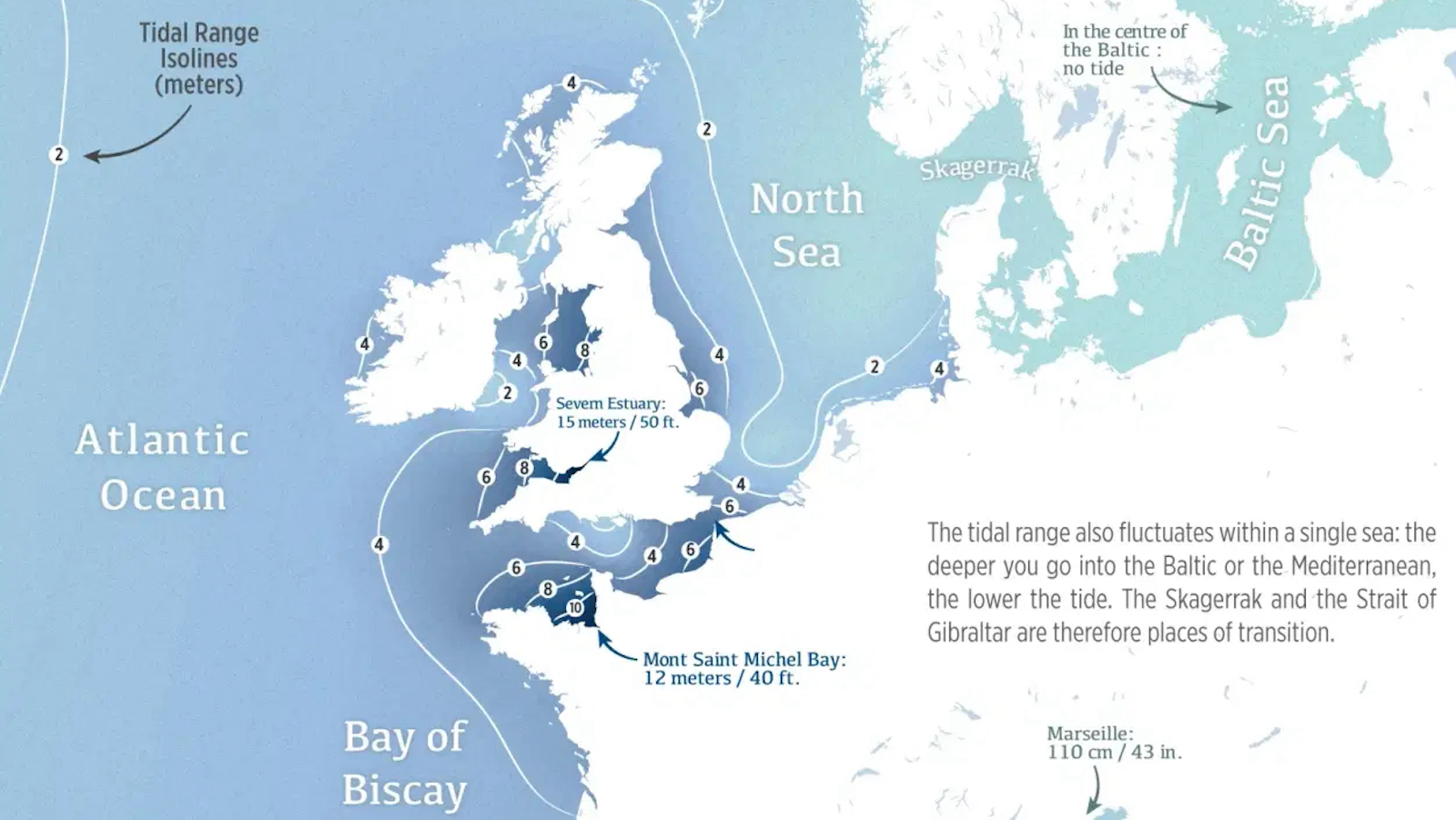After 9/11, Khakpour says, Middle Easterners were all lumped into one category.
Question: What is a Pan-Middle Eastern identity?
Khakpour: Pan-Middle Eastern identity as I’m thinking of it only was something that emerged, I think, after 9/11. Part . . . The . . . Part of it was that suddenly Syrians, Lebanese, Palestinians, Iranians, Iraqis, we all got clumped together. You know there was more misunderstanding than ever, even though people were more now, I would think, able to locate countries in the Middle East more than ever on the map. But there was a slight __________, if you can say, of all Middle Eastern people. So I became very interested in that, and my novel deals a lot with Pan-Middle Eastern identity, but specifically related to Middle Eastern men. And I know there has been a lot of literature and a lot of human interest articles on Middle Eastern women, but not a lot of talk about Middle Eastern men. And you know that seems strange to me. You know 9/11 had a lot to do with the psyche of Middle Eastern men, versus the psyche of western men. So it became something that was endlessly fascinating to me, and it continues to be as I work on a second book.
Question: Have experienced any Iranian-Arab tension?
Khakpour: I think Iranians and Arabs, contrary to some popular belief, you know have never been very friendly, right? So it always felt . . . Especially in talking about the sort of Pan-Middle Eastern identity, it always feels a little bit strange to talk for Arabs of the region, too. But I’ve become very interested in all those countries, and I have felt that we have all been sort of clumped together. Resentment personally, I’ve never experienced resentment personally because also I tend to pass for many different things just visually. You know that’s always been a strange feeling. In New York I pass as Greek, Italian, you know Jewish. In California, you know, Mexican, you know whatever. I’ve always been able to . . . And my name is so foreign to, like I said, even Iranians that I was never put into a particular niche. So I never had the experience of going through any sort of hostilities from any . . . anybody. My father and my brother have. They look more like your typical Iranian man. You know I say that with reservation of course, but they have experienced some of that. And I was very . . . That’s why I was much more interested in their story. I’m also very interested with how gender and race factors into this. There is quite a different perception of Middle Eastern women, for instance, as victims, as the oppressed, which I think most Middle Eastern women can’t stand. Although especially in the world of publishing, it’s interesting how much that image has been perpetuated, and how much money has even come out of that image.





